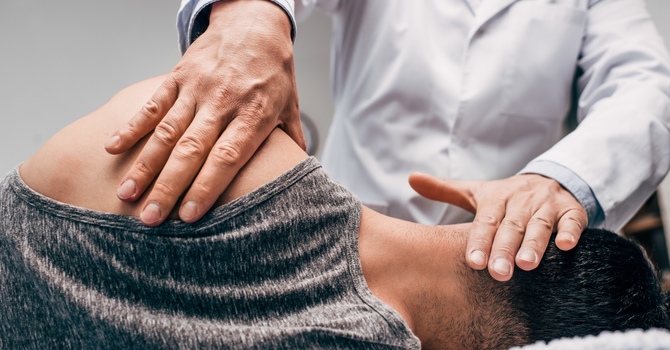Acupuncture
Traditional Chinese Medicine (TCM) originated in ancient China and has over two thousand years of history. Influenced by ancient Chinese philosophy and observation of the flow of cycles in Nature, Chinese medicine uses the theory of Yin and Yang and the theory of Wu Xing to explain the mechanism of balancing the body’s function. From an Eastern perspective, balanced health is maintained when energy flows freely around the body. This energy is called Qi (pronounced chee) and flows in pathways called channels.
When Qi is blocked or stagnant, there is an energetic imbalance causing illness. This energy can be manipulated at specific points on the body, restoring the smooth flow. Acupuncturists commonly do this by placing fine needles in these points at a particular depth on the body and stimulating them. Energetic flow can also be restored using techniques such as tuina, moxibustion, cupping, and guasha.
Book by Treatment
Arina Nayda
Book NowHow Does Acupuncture Work?
Clinical studies show that Acupuncture works by releasing natural neurotransmittersand hormones, specifically β-Endorphin which lessens the body’s perception of pain;Met-enkephalin, which regulates nociception in the body; and oxytocin, whichmodulates pain and relaxes and calms people. Acupuncture has also been shown toreduce stress and anxiety by lowering levels of the stress hormone cortisol. The releaseof serotonin is also documented; this neurotransmitter is believed to help regulatemood, behaviour, memory and sleep. Acupuncture improves blood circulation, both inthe local area and in the brain. Improved circulation also helps remove lactic acid anddead blood cells; replenished blood helps restore fresh oxygen and nutrients to thetissues. Acupuncture also regulates immune function by normalizing interferon levelsand the immune response, speeding up infection healing and reducing systemicinflammation.
What are the Benefits of Acupuncture?
- Emotional: increases vitality and energy level
- Mental: helps calm the mind, improves concentration and mental clarity
- Physical: feeling more relaxed, improves circulation, enhances digestion,restores sleep and can be used alongside Western medicine
The World Health Organization (WHO) recognizes Traditional Chinese Medicines ability to treat a wide variety of disorders:
- Respiratory system: common cold, fever, bronchitis, sinusitis.
- Muscular Skeletal System: lower back pain, sciatica, shoulder pain (frozenshoulder), neck pain, knee pain (arthritis), carpal tunnel syndrome.
- Nervous system: neuralgia, dizziness, insomnia, headache and migraines.
- Gastrointestinal system: diarrhea, constipation, gastrointestinal weakness,gastritis.
- Circulatory system: hypertension, anemia
- Reproductive system: irregular, heavy, or painful menstruation, infertility,premenstrual syndrome, easy premenopausal symptoms
- Easy stress, depression, anxiety
- Addictions: drugs, alcohol, nicotine
Holland Landing Health Centre
6-19415 Yonge Street,Holland Landing, ON
L9N1L8 View Staff & Treatments


